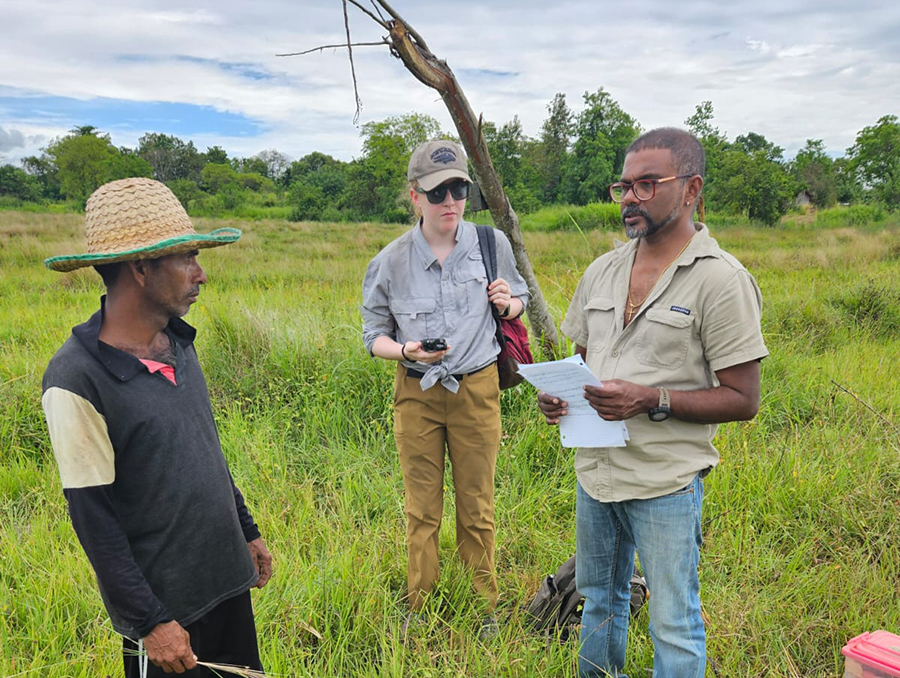Meet Zandawala was awarded the Gorbman-Bern New Independent Investigator Award in recognition of his research on peptidergic signaling that regulates feeding, metabolism and stress. The award is given every two years to a young investigator in recognition of significant new contributions to comparative endocrinology, a field of study focused on understanding hormones across animals.
Zandawala’ s work explores how neuropeptides orchestrate physiology and behavior in the vinegar fly, Drosophila melanogaster. Because many hormone pathways are shared between insects and humans, this research sheds light on metabolic health and disease, including obesity and diabetes. Although the fly brain has far fewer neurons than the human brain, it contains the same types of hormones, making it a powerful model for revealing conserved mechanisms.
Through international collaborations across Europe, North America and Asia, Zandawala’ s research has shown how different brain signaling molecules work together to control hunger and metabolism. His team has discovered new receptors, specialized proteins that allow cells to respond to these signals, and created detailed maps of how neurons connect in the fly brain using cutting-edge brain imaging and mapping technologies. The findings were published in Nature Communications.
Breakthroughs from his lab include:
- Characterizing the complete internal clock in the fly brain
- Identifying single neurons that use multiple neuromessengers to shape feeding decisions
- Uncovering how insulin-producing cells are modulated by diverse signals
Trained in multiple countries, Zandawala values international collaborations as a formative experience. Through initiatives such as the FlyWire Consortium, his group has contributed to landmark brain-mapping datasets that advance global understanding of how peptide systems modulate neural circuits and behavior.
Looking ahead, Zandawala plans to study how brain signaling circuits that control feeding operate in other species, including ticks and mosquitoes. This work could inform pest control strategies and help reduce the spread of diseases such as Lyme disease, malaria and dengue fever. Mentorship remains central to his philosophy, and he strives to empower students and early career scientists to think creatively, take risks and pursue international collaboration.
Article co-authored by Meet Zandawala.















